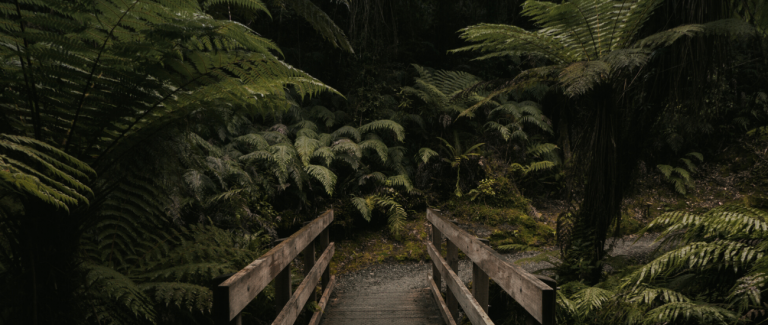Coronavirus will be a key turn-around on our way to a green future. It is like an overdue wake up call.
It is proven that deforestation and the loss of wildlife increases the risk of infectious diseases like the Coronavirus. Along with our excessive use of plastic and fossil fuels, it is clear that we will face a dim future if we continue with “business as usual”.
In the next years we will experience a lack of funds and rising unemployment. It will however become increasingly evident that protecting nature, investing in renewable energy and promoting sustainability is a safe bet in the future.
Take one of the strongest economies in Latin America. Despite its small size, Costa Rica is internationally recognised for its focus on eco-tourism and protection of biodiversity. It is set to become the first plastic-free and carbon-free country by 2021.
The World Economic Forum mentioned that a dollar spend on nature restoration, can lead to 9 dollars of economic benefits in return.
The example of Costa Rica shows that it there is indeed an economic return on protecting wildlife and investing in sustainability.





